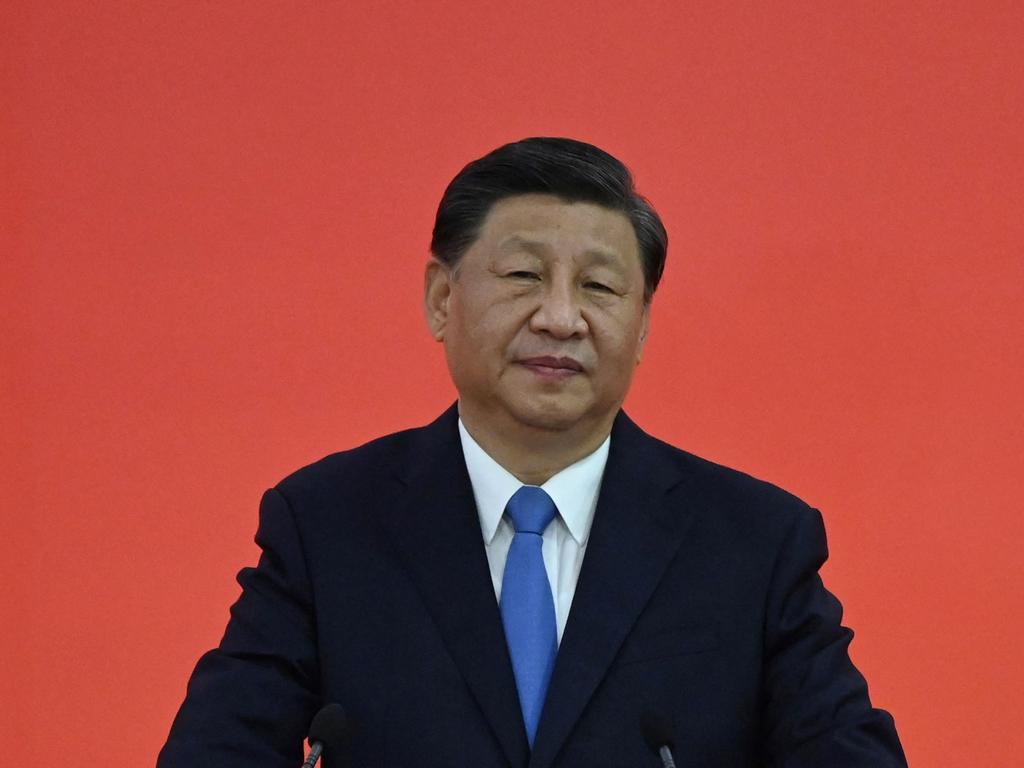Switzerland's Response To China's Increased Military Activity

Table of Contents
Economic Interdependence and Diplomatic Engagement
Switzerland's economic relationship with China is substantial, encompassing significant trade, investment, and tourism. This interdependence presents both opportunities and challenges as China's military activity increases.
-
Trade Volume: Bilateral trade between Switzerland and China is substantial, reaching billions of Swiss Francs annually. This encompasses a wide range of goods and services, highlighting the deep economic integration between the two nations. Specific data on trade volumes can be found in reports published by the Swiss Federal Customs Administration and the Swiss State Secretariat for Economic Affairs (SECO).
-
Key Swiss Investments in China: Several major Swiss companies, including those in the pharmaceutical, financial, and luxury goods sectors, have significant investments and operations in China. This economic entanglement creates a complex dynamic, influencing Switzerland's approach to China's military activities.
-
Government Facilitation: The Swiss government actively facilitates economic exchange with China, working to create a favorable business environment for Swiss firms. This includes diplomatic efforts to ensure smooth trade relations and protect Swiss investments. However, this economic engagement must be balanced with considerations for security and human rights.
Maintaining open communication channels with China is a cornerstone of Switzerland's diplomatic strategy. This involves regular high-level dialogue, including ministerial visits and participation in international forums. However, the effectiveness of these diplomatic efforts in influencing China's military policy remains a subject of ongoing debate and analysis. The potential risks to the Swiss economy, should relations deteriorate, are substantial and cannot be ignored in any assessment of Switzerland's approach.
Security Concerns and Swiss Neutrality
China's military expansion raises important security implications for Switzerland, albeit indirectly. While Switzerland maintains a policy of military neutrality, the changing geopolitical landscape necessitates a careful assessment of potential risks.
-
China's Military Modernization: China's rapid military modernization, including its advancements in naval capabilities and its growing assertiveness in the South China Sea, has significant regional and global implications.
-
Spillover Effects on European Security: The potential for spillover effects on European security, particularly given China's increasing partnerships with other nations, is a concern for Switzerland. This indirectly impacts Switzerland's security environment, prompting reflection on the adaptability of its long-standing neutrality.
-
Maintaining Neutrality: Maintaining its neutrality in this evolving geopolitical context poses a significant challenge for Switzerland. The nation must carefully balance its commitment to neutrality with its participation in international security dialogues and its responsibility as a member of international organizations.
Switzerland's participation in international security organizations, while limited due to its neutrality, provides a platform for engaging in international security debates. However, the extent to which Switzerland can influence global security dynamics remains a topic of ongoing discussion. Any adjustments to Swiss defense policy in response to China’s actions are likely to be subtle and focus primarily on intelligence gathering and risk assessment rather than a significant shift in military posture.
Human Rights and the Swiss Stance
Switzerland's human rights record is generally strong, and it engages with China on human rights issues, although often discreetly. This approach balances the economic benefits of engagement with the moral imperative to advocate for human rights.
-
Human Rights Concerns in China: Specific concerns regarding human rights in China include the treatment of Uyghurs, limitations on freedom of speech and assembly, and the erosion of the rule of law in Hong Kong.
-
Diplomatic Engagement on Human Rights: Switzerland's diplomatic engagement on human rights with China includes bilateral discussions, statements within international forums, and support for international human rights mechanisms. However, the effectiveness of this engagement is debated.
-
Economic Interests vs. Human Rights: The tension between economic interests and human rights concerns is a central challenge for Switzerland's approach to China. Balancing economic engagement with principled advocacy for human rights requires careful diplomacy and strategic decision-making. Finding the right balance is crucial for Switzerland's continued credibility on the global stage.
Public Opinion and Domestic Debate
Public opinion in Switzerland regarding China’s growing military activity is a complex and evolving factor influencing government policy.
-
Polling Data and Public Surveys: While comprehensive polling data on specific attitudes toward China's military activities might be limited, broader surveys on Swiss public perception of China reveal a mixed picture, influenced by factors such as economic considerations and concerns about human rights.
-
Media Coverage: Swiss media coverage of China’s military activities varies, ranging from objective reporting to more critical analyses, reflecting the ongoing debate within the country on its relationship with China.
-
Political Debates: Political debates within Switzerland regarding its China policy are subtle but present. These discussions often revolve around the appropriate balance between economic cooperation and safeguarding Swiss interests and values.
Public opinion plays a significant, albeit often indirect, role in shaping Swiss government policy towards China. The evolving nature of public sentiment is a crucial element to consider when assessing the long-term trajectory of Switzerland’s relationship with China. Any significant shift in public opinion could lead to adjustments in government policy, highlighting the dynamic interplay between domestic politics and foreign relations.
Conclusion
Switzerland’s response to China's increased military activity is a multifaceted issue demanding careful navigation. Balancing economic interdependence with security concerns and human rights considerations presents a significant challenge for Swiss foreign policy. Maintaining its traditional neutrality while engaging constructively with China on various fronts will be crucial for Switzerland's future. Continued monitoring of Switzerland's response to China's military activity is necessary to fully understand the long-term implications for this unique relationship. Further research into the evolving dynamics between these two nations is vital for a comprehensive understanding of Switzerland's approach to this complex geopolitical challenge. Understanding Switzerland's response to China's military activity is crucial for comprehending the complexities of navigating a globalized world and the challenges of maintaining neutrality in a rapidly changing geopolitical landscape.

Featured Posts
-
 Nadiem Amiri Exploring The Career Of A Rising German Star
May 21, 2025
Nadiem Amiri Exploring The Career Of A Rising German Star
May 21, 2025 -
 Amazon Quebec Warehouse Closures Union Challenges Tribunal
May 21, 2025
Amazon Quebec Warehouse Closures Union Challenges Tribunal
May 21, 2025 -
 Todays Nyt Mini Crossword March 16 2025 Answers And Solutions
May 21, 2025
Todays Nyt Mini Crossword March 16 2025 Answers And Solutions
May 21, 2025 -
 Could This Attempt Break The Trans Australia Run Record
May 21, 2025
Could This Attempt Break The Trans Australia Run Record
May 21, 2025 -
 The World Trading Tournament Wtt And Aimscap A Competitive Analysis
May 21, 2025
The World Trading Tournament Wtt And Aimscap A Competitive Analysis
May 21, 2025
